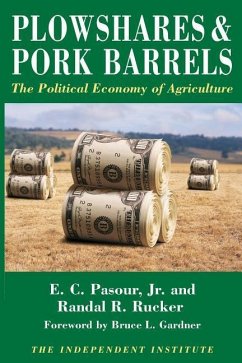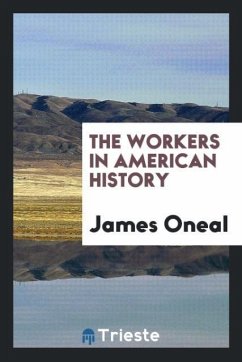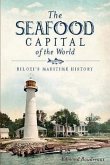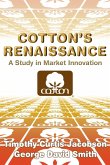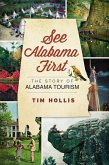Agricultural subsidies in grains, cotton, milk, sugar, tobacco, honey, wool, and peanuts are analyzed in this examination of U.S. farm policy. Looking at such programs as food stamps, crop insurance, subsidized credit, trade credit, trade subsidies and import restrictions, conservation, agricultural research, and taxation, this historical perspective argues that these subsidies ultimately redistribute wealth to powerful agricultural interests who use their political clout to advance their economic interests at the expense of the general public. This analysis of government farm programs will appeal to professors and students who study agriculture; people affected by government farm policies; public officials, and businesses affected by agricultural policy such as those in food service, retail, and distribution.
